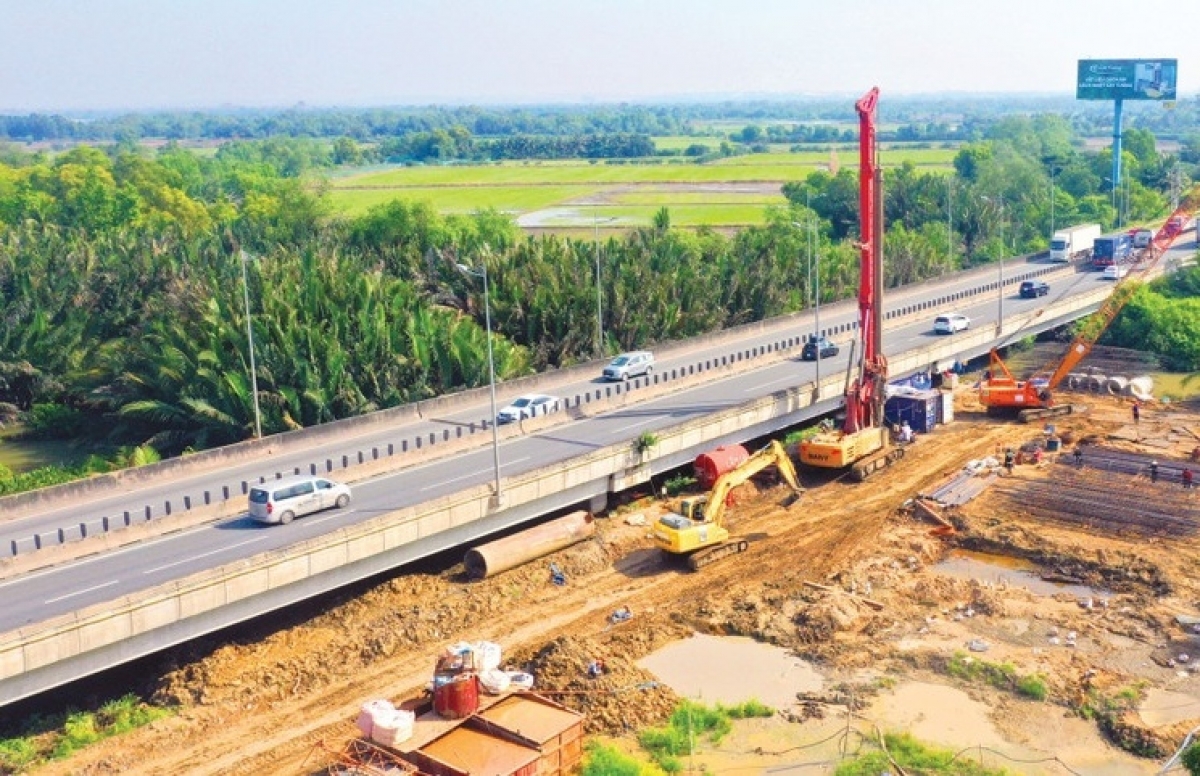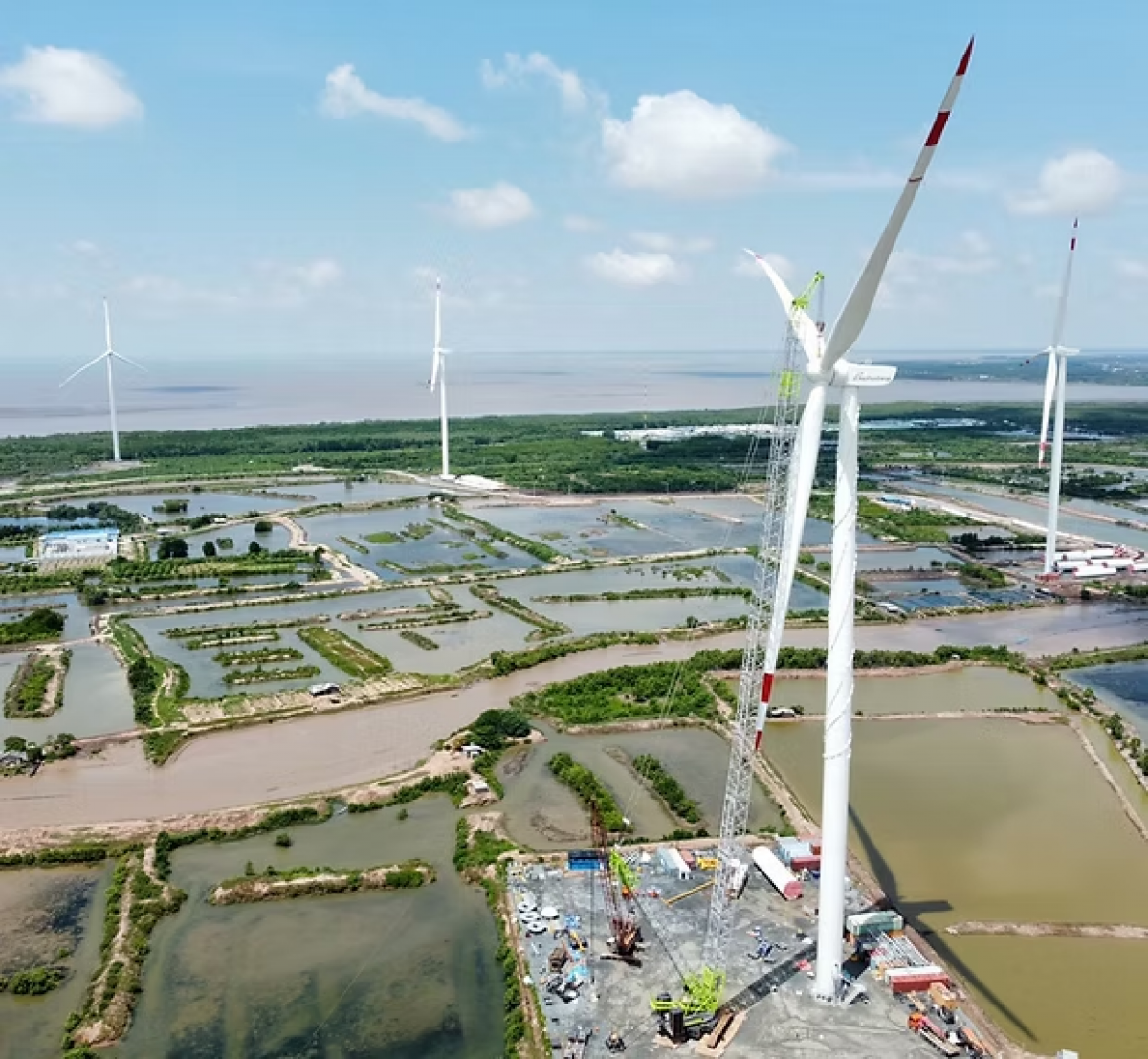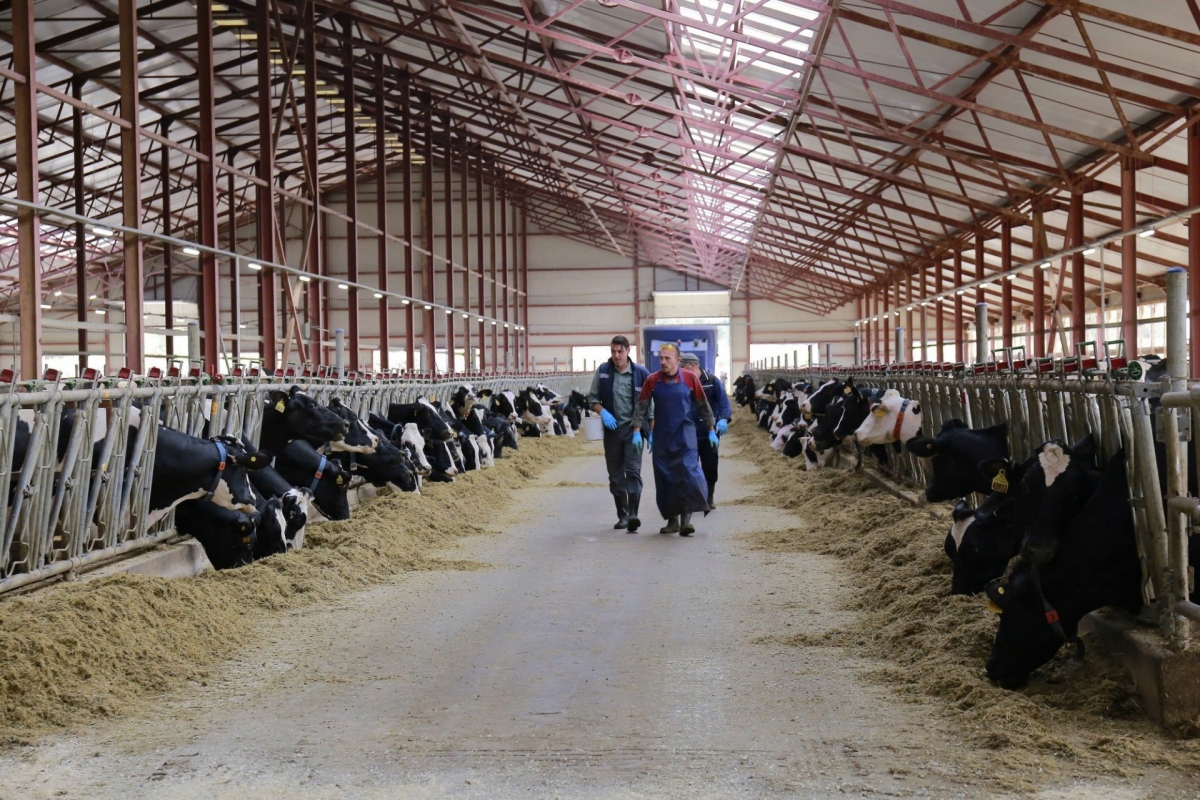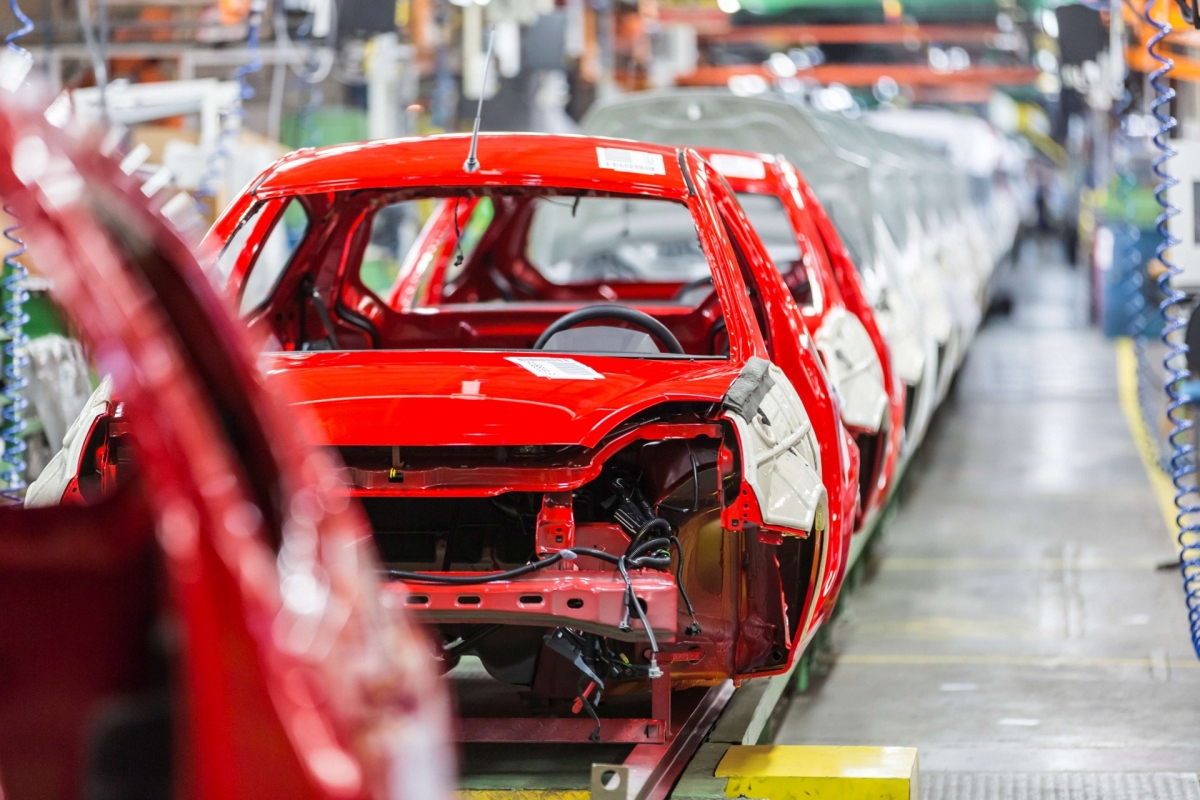INTERNATIONAL INVESTMENT
AND PORTAL
Many investors, foreign organisations, and electrical users are showing an interest in utilising the upcoming direct power purchase agreement (DPPA) mechanism in Vietnam, and expect the government to place it into effect this year to assist in accomplishing sustainable development goals.
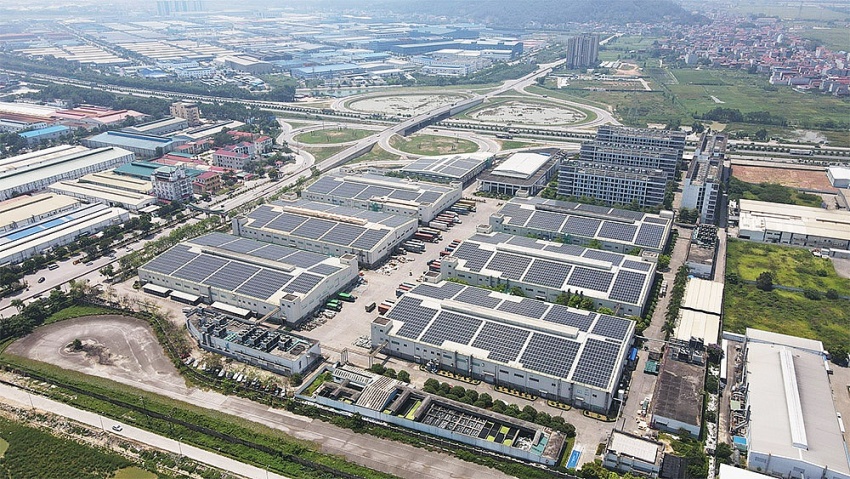 Demand escalating for solar power purchasing - illustration photo
Demand escalating for solar power purchasing - illustration photo
The Ministry of Industry and Trade (MoIT) promotes rooftop solar for self-consumption, and the long awaited DPPA would facilitate the direct sale of electricity between renewable energy producers and large electricity consumers. The national policy to encourage rooftop solar use in Vietnam expired in 2021, creating a huge gap in development of this potential power source.
The proposed mechanism specifically states that organisations and individuals with an average monthly consumption of 1MW, instead of 500,000 kWh in the old version, would be able to make use of the DPPA if approved.
The draft also further stipulates that before installing rooftop solar power, existing construction projects must ensure compliance with current laws on investment, construction, land, the environment, and fire prevention.
Nguyen Thuy Ngan, a representative of Solar BK, said that many businesses were approaching the company, especially those that export goods to developed markets, to seek rooftop electricity installations.
“The demand for export manufacturing enterprises is very high and most concentrated in the past year, when buyers from Europe increasingly required sellers to have renewable energy certificates,” Ngan said.
“Our company and several others often advise manufacturing businesses on the most convenient way to get green certificates. The traditional way is for businesses to install or buy solar power, then declare and register. From there, it is converted into a renewable energy certificate, and we support businesses with this.”
In order to reduce emissions and meet green standards, many businesses in provinces such as Ha Nam are looking to install rooftop solar power for the purpose of self-use for production. However, the installation is not easy for them to achieve.
“For several years, businesses have contacted us to ask about installing rooftop solar power for their own use, but we don’t know how to advise them. We hope that the MoIT will have specific instructions on the issue soon,” said Le Nguyen Ngoc, director of Ha Nam Department of Industry and Trade, at last week’s conference on the issue held by the MoIT.
Sharing the same concern, Pham Khac Nam, deputy director of the Department of Industry and Trade of the northern province of Bac Ninh, said the locality boasts many strengths in industrial production. “We are also receiving many documents and recommendations from businesses wishing to install solar power. However, because the government does not have an official policy, local state management agencies cannot give the green light to businesses to deploy anything,” Nam said.
Samsung has submitted a document requesting the province to install 16 MW in the province, Nam added, while other businesses such as Canon are also interested. “We recommend that the MoIT pays attention and solves this problem,” Nam said.
Meanwhile, Pham Dang An, deputy general director of Vu Phong Energy Group, said at forum held last month that the initial investment cost for rooftop solar power in factories is substantial, while the amount of electricity produced cannot always be used in full.
“Therefore, businesses want the government to create an open mechanism for businesses to sell electricity to other businesses and partners to quickly recover solar power capital,” An said.
Businesses also want the MoIT to clarify the concepts of self-production and self-consumption because, up to now, many businesses are not willing to spend a sum of money to invest in energy conversion.
“But they are willing to allow investment units like ours to invest in rooftop solar power and then sell electricity back to those same plants for them to consume 100 per cent,” An said.
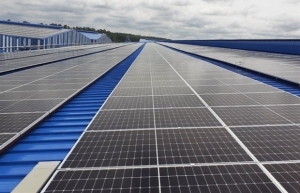 Deputy PM highlights incentive policies for rooftop solar power installation
Deputy PM highlights incentive policies for rooftop solar power installation
Deputy Prime Minister Tran Hong Ha highlighted the importance of rooftop solar power in ensuring energy security, saying that there needs to be mechanisms and policies to encourage organisations and individuals to invest in solar power.
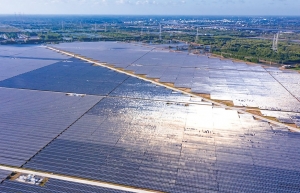 Rooftop solar power puts IPs on the map
Rooftop solar power puts IPs on the map
Transferring to renewable energy through installing rooftop solar power systems is set to help foster competitive capacity and further the sustainable development of businesses.
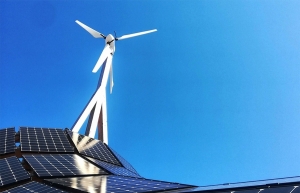 Vietnam explores bypassing EVN on direct rooftop solar sales
Vietnam explores bypassing EVN on direct rooftop solar sales
Rooftop solar, waste-to-energy, and biomass power projects may soon bypass state utility EVN for direct sales, according to Deputy Prime Minister Tran Hong Ha.
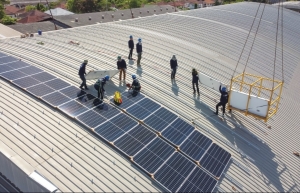 Green energy poses few barriers for some
Green energy poses few barriers for some
The transition from conventional energy sources to renewables for production is not only bringing economic benefits but is also helping businesses enhance export competitiveness.


